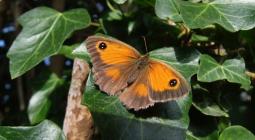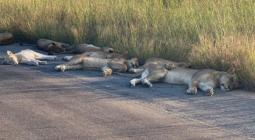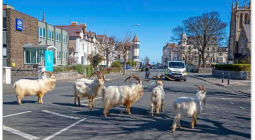Birds join chorus of approval as wildlife thrives in a quieter world.
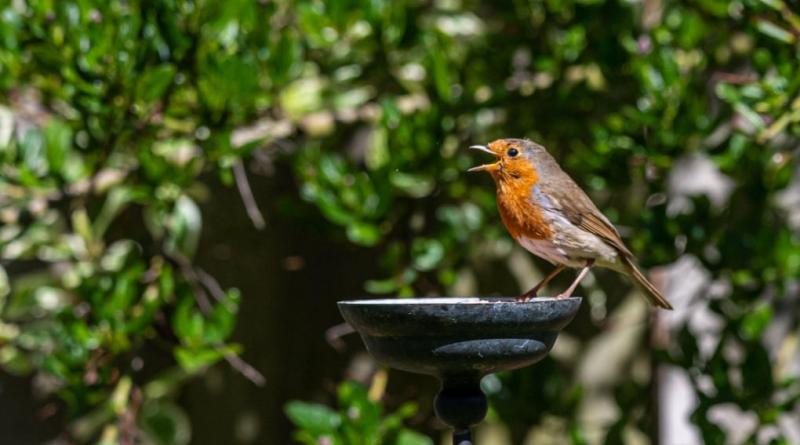
Deer roam city streets and hedgehogs can safely cross roads… but a radical policy shift is needed to protect wildlife in future, say campaigners
Britain’s wildlife may be thriving during the current lockdown but its long-term future is looking bleak, according to leading conservation organisations.
Nikki Williams, head of campaigns at the Wildlife Trusts, said: “The current crisis means nature is losing out, because many organisations are having to scale back important work caring for special places, which they usually do with the vital help of thousands of volunteers.”
Just one example, she said, was the continual battle with the invasive plant Himalayan balsam, which smothers riverbanks and out-competes native wildflowers. If left to its own devices over the summer, this plant will be even harder to eradicate next year.
Meanwhile, valuable habitats, such as lowland heaths in southern England and East Anglia, need continual management to ensure they do not turn back into scrub, reducing the opportunities for specialised creatures such as the Dartford warbler, sand lizard and smooth snake.
While staff and volunteers are unable to do the majority of conservation work, they are still able to carry out surveys, for example of breeding birds, many of which are run by the British Trust for Ornithology.
One noticeable phenomenon of late has been the daily chorus of birdsong, especially in the heart of our cities.
According to the BTO’s Paul Stancliffe, the current lack of noise might indeed be helping singing birds to be heard by potential mates and rivals, thus increasing their breeding success. He said we wouldn’t know if that was the case unless crucial survey work continued. This is why the BTO has offered free membership of its Garden BirdWatch scheme, signing up more than 5,000 new observers, many of whom have urban gardens, whose birdlife often goes under-recorded.
Mathew Frith, of the London Wildlife Trust, said: “Many of our birds, such as the robin, wren, chiffchaff, skylark and meadow pipit, nest on or close to the ground, and so are easily flushed by dogs. With parks so much quieter than usual, these species may do well this spring.”
The RSPB also notes that the lack of people visiting the seaside will help shore-nesting species such as little terns and ringed plovers, which are especially prone to being disturbed by holidaymakers.
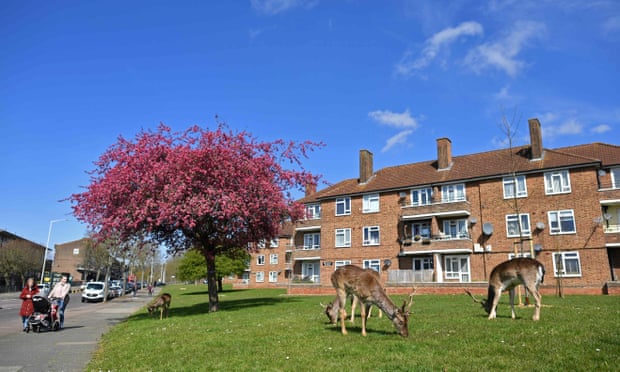
As well as the possible benefits to birds of the current reduction in noise and disturbance, some animals also appear to be flourishing. There have been reports of goats roaming the streets of Llandudno, and fallow deer in the east London suburbs, along with numerous sightings of normally shy mammals such as moles, stoats and weasels.
The lack of traffic is especially helpful for mammals that are vulnerable to being run over by vehicles, such as hedgehogs and badgers.
The big question for conservationists is what will happen when lockdown restrictions are lifted. Any short-term gains made by wildlife may vanish once people, traffic and other aspects of daily life returned to some kind of “normal”, but if our habits do permanently change, as many people are hoping, nature might reap the benefit.
But that will also depend on pushing through recent shifts in government policy, as the Wildlife Trusts’ Williams points out. “When the crisis ends, wildlife will still be in decline. The only way to ensure its recovery is to create strong agriculture and environment bills, which put nature, and all the benefits it brings, at the heart of policy and our daily lives.”
25 April 2020
The Guardian

